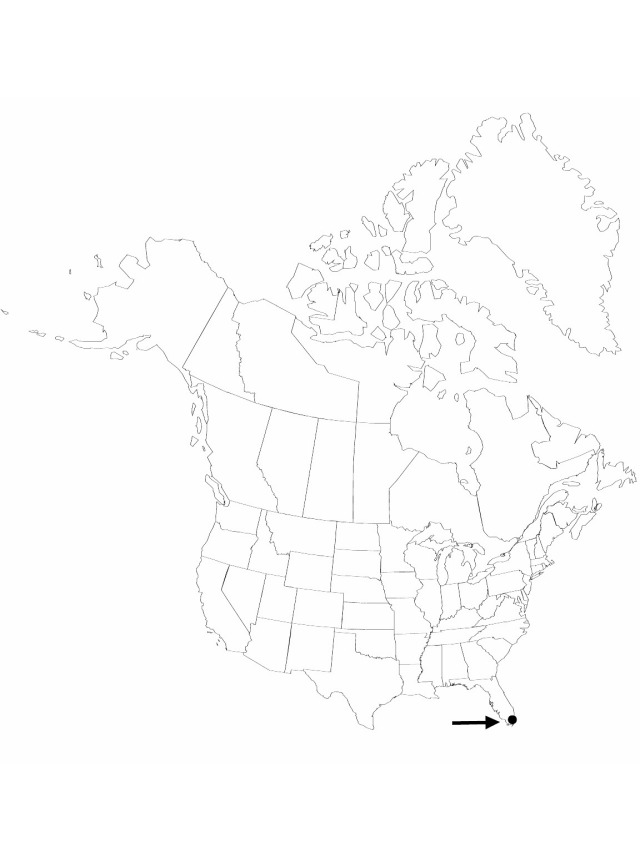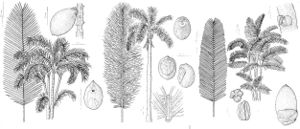Difference between revisions of "Dypsis lutescens"
Palms Madagascar 212. 1995.
Common names: Areca palm butterfly palm
IntroducedIllustrated
Basionym: Chrysalidocarpus lutescens H. Wendland Bot. Zeitung (Berlin) 36: 117. 1878
Treatment appears in FNA Volume 22.
FNA>Volume Importer |
imported>Volume Importer |
||
| (One intermediate revision by the same user not shown) | |||
| Line 8: | Line 8: | ||
}} | }} | ||
|common_names=Areca palm;butterfly palm | |common_names=Areca palm;butterfly palm | ||
| + | |special_status={{Treatment/ID/Special_status | ||
| + | |code=I | ||
| + | |label=Introduced | ||
| + | }}{{Treatment/ID/Special_status | ||
| + | |code=F | ||
| + | |label=Illustrated | ||
| + | }} | ||
|basionyms={{Treatment/ID/Basionym | |basionyms={{Treatment/ID/Basionym | ||
|name=Chrysalidocarpus lutescens | |name=Chrysalidocarpus lutescens | ||
| Line 30: | Line 37: | ||
|elevation=0–10 m | |elevation=0–10 m | ||
|distribution=Fla.;native;Africa (native to Madagascar). | |distribution=Fla.;native;Africa (native to Madagascar). | ||
| + | |introduced=true | ||
|discussion=<p>This species is a commonly cultivated ornamental palm in Florida, where it has escaped and sporadically naturalized in Dade County.</p> | |discussion=<p>This species is a commonly cultivated ornamental palm in Florida, where it has escaped and sporadically naturalized in Dade County.</p> | ||
|tables= | |tables= | ||
| Line 53: | Line 61: | ||
|publication title=Palms Madagascar | |publication title=Palms Madagascar | ||
|publication year=1995 | |publication year=1995 | ||
| − | |special status= | + | |special status=Introduced;Illustrated |
| − | |source xml=https:// | + | |source xml=https://bitbucket.org/aafc-mbb/fna-data-curation/src/2e0870ddd59836b60bcf96646a41e87ea5a5943a/coarse_grained_fna_xml/V22/V22_466.xml |
|subfamily=Arecaceae subfam. Arecoideae | |subfamily=Arecaceae subfam. Arecoideae | ||
|tribe=Arecaceae tribe Areceae | |tribe=Arecaceae tribe Areceae | ||
Latest revision as of 20:31, 5 November 2020
Leaves 2–2.5 m; segments 60–70 cm, strongly ascending. Fruits yellow, ellipsoid, 2.0–2.5 cm; yellow; apex acute; stigmatic scar basal. 2n = 32.
Phenology: Flowering spring-- through summer.
Habitat: Moist organic soil over limestone in mesic hammocks and disturbed wooded areas
Elevation: 0–10 m
Distribution

Introduced; Fla., native, Africa (native to Madagascar).
Discussion
This species is a commonly cultivated ornamental palm in Florida, where it has escaped and sporadically naturalized in Dade County.
Selected References
None.
Lower Taxa
None.
